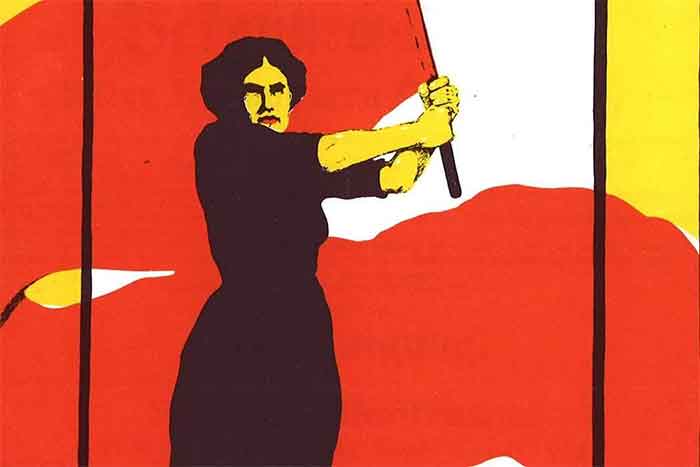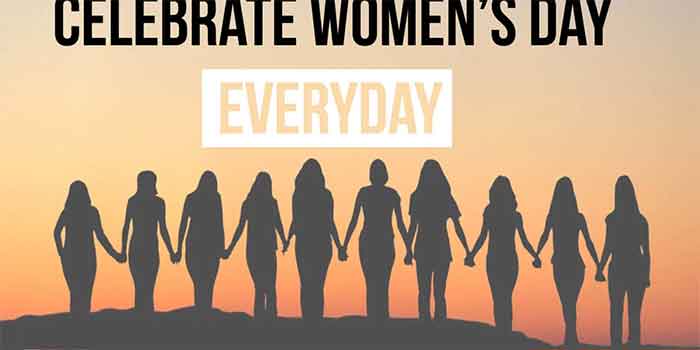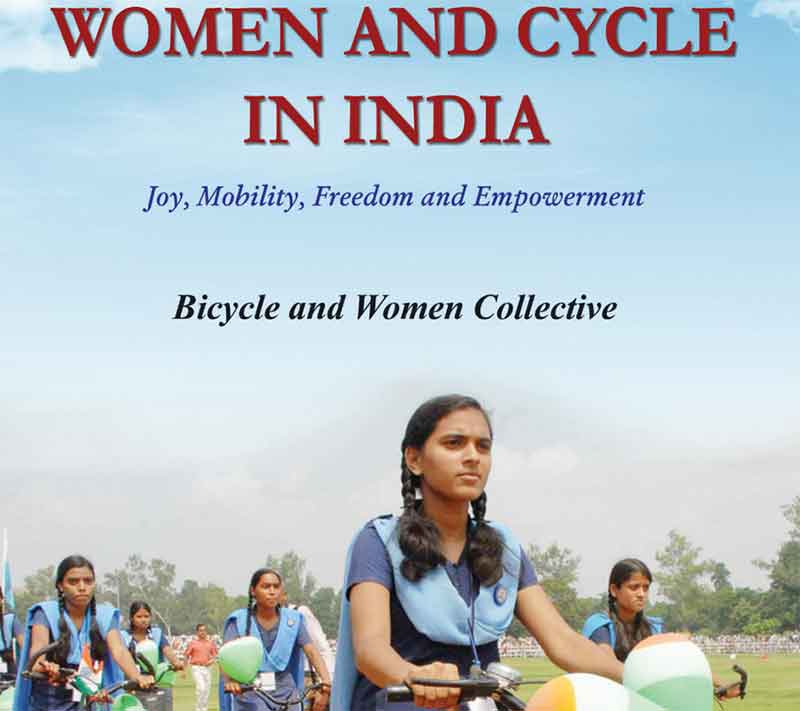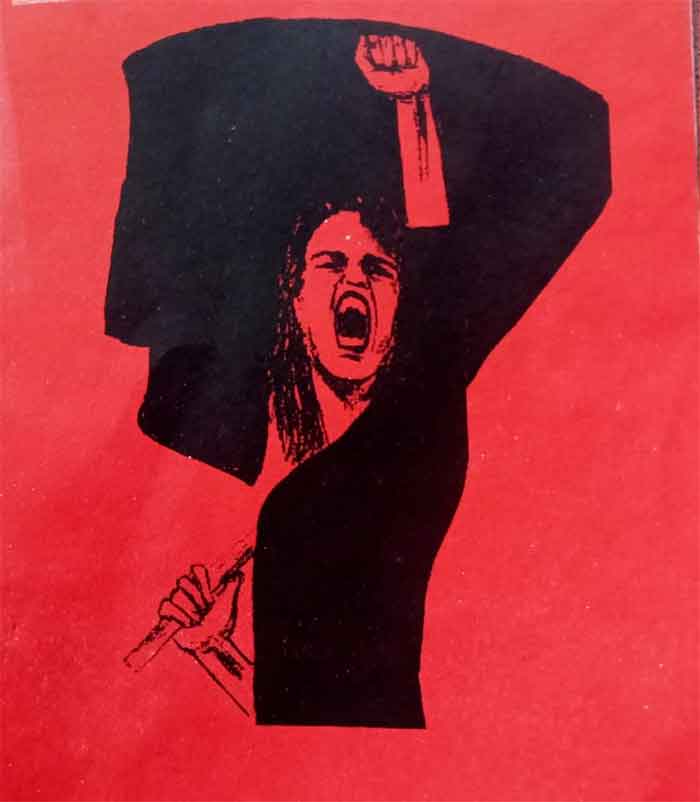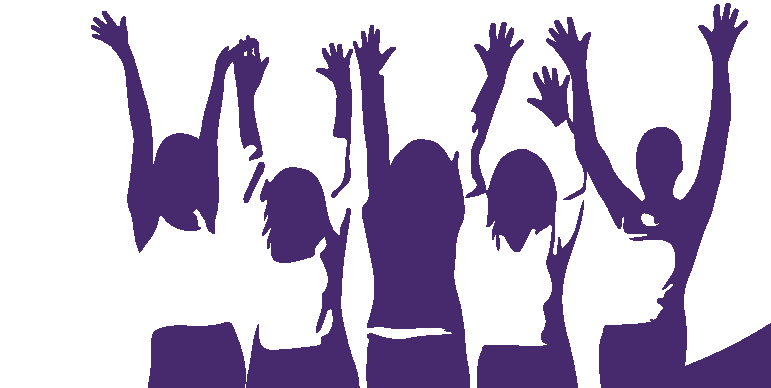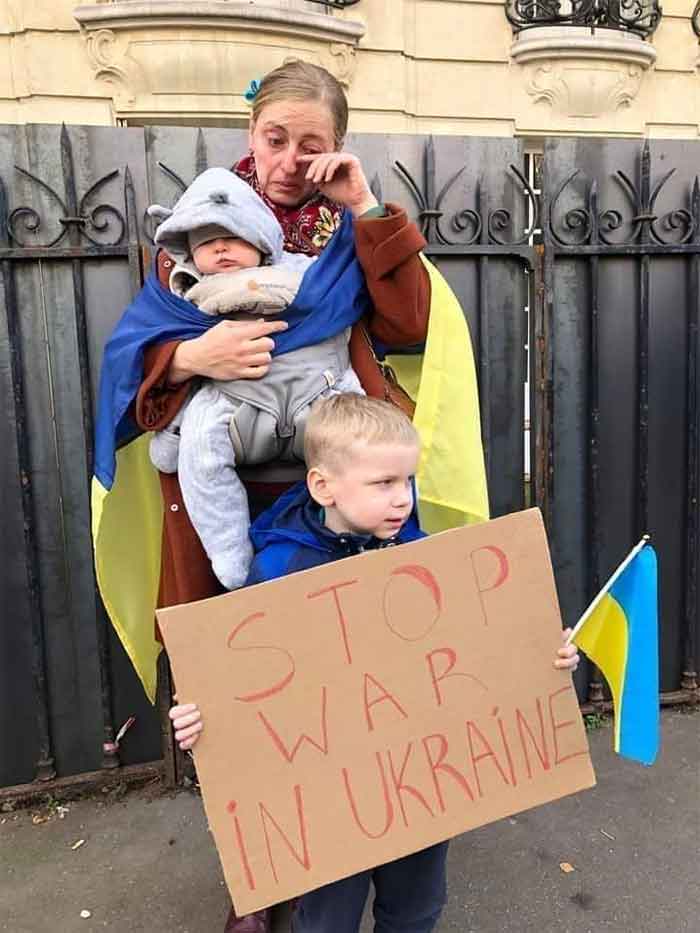
On the International Women’s Day today Global Call To Action Against Poverty (GCAP), a global civil society campaign working in 58 countries, in a statement expresses deep concern over the war in Ukraine and especially the security and survival of women and girls in Ukraine and in all conflict-affected countries like Yemen, Syria, and Afghanistan. Women and girls are facing sexual violence and several restrictions in many countries including the right to education amidst an unmanageable humanitarian crisis. The UN has already warned that the war in Ukraine will force millions of people to flee their homes, increasing the risk of violence against women and girls.
Impact of COVID-19
The past two years of the COVID-19 pandemic has shown that women and girls, particularly those from marginalized groups as indigenous communities, communities discriminated by work and descent (CDWD), older women, women with disabilities and women refugees, have faced multiple discriminations during and after pandemic due to state apathy, cultural prejudices, loss of income and familial negligence. The pandemic has pushed hundreds of millions of people including women into poverty, devastating their lives – and most profoundly the lives of the women from marginalized groups.
The global Leave No Woman Behind Report of GCAP revealed the gross negligence, discrimination and violence faced by women and girls from marginalized groups, in accessing governments’ relief measures and benefits. These especially includedDalit women or women from communities discriminated on work and descent (DWD) faced several restrictions while accessing governments’ relief assistance under its social protection schemes, due to lack of identity proof, discrimination, among other factors. They were also the victims of violent assaults during the pandemic.
Femicide is an extreme and lethal form of gender violence that continues to affect thousands of women and girls all over the world. COVID-19 led to an increase of femicide from France to Singapore. In Latin America and the Caribbean, at least 4,091 women were victims of femicide in 2020.
Indigenous communities have been at risk from COVID-19 owing to their limited access to health services, lack of access to information in native languages about the virus and relief packages. Indigenous women migrant workers in Asia have been hit particularly hard due to loss of employment, and there have been reports of hunger, torture and violence. They have witnessed state violence due to their displacement from their lands during the pandemic. Indigenous and rural women play an important role in the food security of their countries. In Latin America for example, of the 58 million women living in the countryside only 30% own agricultural land. This demonstrates a gender discrimination that makes rural and indigenous women more vulnerable to eviction and lack of access to land.
There have been similar exclusionary practices against refugee women, women with disabilities and older women.
Vaccine Inequality
During the ongoing vaccination drive, there have been gross inequalities in access to vaccinations between the global north and global south. There has been less availability of vaccines for the low and middle-income countries due to the intellectual rights protection of the COVID-19 vaccines. This has been a result of the opposition to the TRIPS (Trade Related Intellectual Property Rights) waiver by the EU, UK, Germany and others as well as due to the hording of the vaccines by rich countries. It is thus, no wonder that barely 11 percent of Africa’s population are vaccinated currently. There is also an absence of credible data to establish gender discrimination in vaccinations. Empirical observations however suggest that women from marginalized communities worldwide are facing obstacles in accessing vaccines due to cultural prejudices, lack of technology and vaccine prioritization.
Recommendations:
On International Women’s Day GCAP puts forward the following recommendations to #BreakTheBias:
- Stop the war in Ukraine and other countries – no to violence against women!
- The COVID-19 pandemic must not be allowed to excuse the lack of action on the Sustainable Development Goals (SDGs).
- Developing gender-responsive social protection systems is central to combating poverty among women and girls.This requires a long-term financial commitment to social protection including the Global Fund for Social Protection to achieve social protection by all in 2030. This must include all women and be based on social justice, equity and rights based-approaches for community resilience.
- We call upon all governments to declare COVID vaccines a Peoples Vaccine and ensure universal and equitable access to them. To achieve this, we especially call upon the EU, UK and German governments to support the TRIPS waiver of COVID-19 vaccines, diagnostics and therapeutics so that all women across the world get free vaccines.
- Governments should guarantee basic health services and participation in recovery programmes without discrimination, and should ensure that data disaggregated by age, disability, ethnicity, location and poverty status are made available to monitor these commitments.
- Special measures ought to be taken by the governments to stop violence against women by putting a proper legal mechanism in place – speedy justice and exemplary punishment for the aggressors. Measures to generate awareness among women and men alike on empathy towards each other will play a decisive role to deter violence against women and girls.
- All states must adhere to human rights commitments, and adopt and adapt policies, laws, programmes and budgets accordingly. These include the Convention on the Rights of Persons with Disabilities (CRPD); the Declaration for the Rights of Indigenous Peoples; and the duly ratified ILO Conventions, protocols and social security guarantees relating to migrant workers, indigenous peoples, wage protection, domestic workers, health provisions for workers and the social protection floor.
Gender inequality is a perverse form of discrimination which undermines women’s identity and agency and deprives them of their rights. On the International Women’s Day 2022, GCAP urges state parties to end violence, exclusion and discrimination against all women and girls, and to finally achieve gender equality and inclusion – Women’s Rights are Human Rights!
The author works as the Asia Coordinator of GCAP. He can be reached by email: [email protected]

